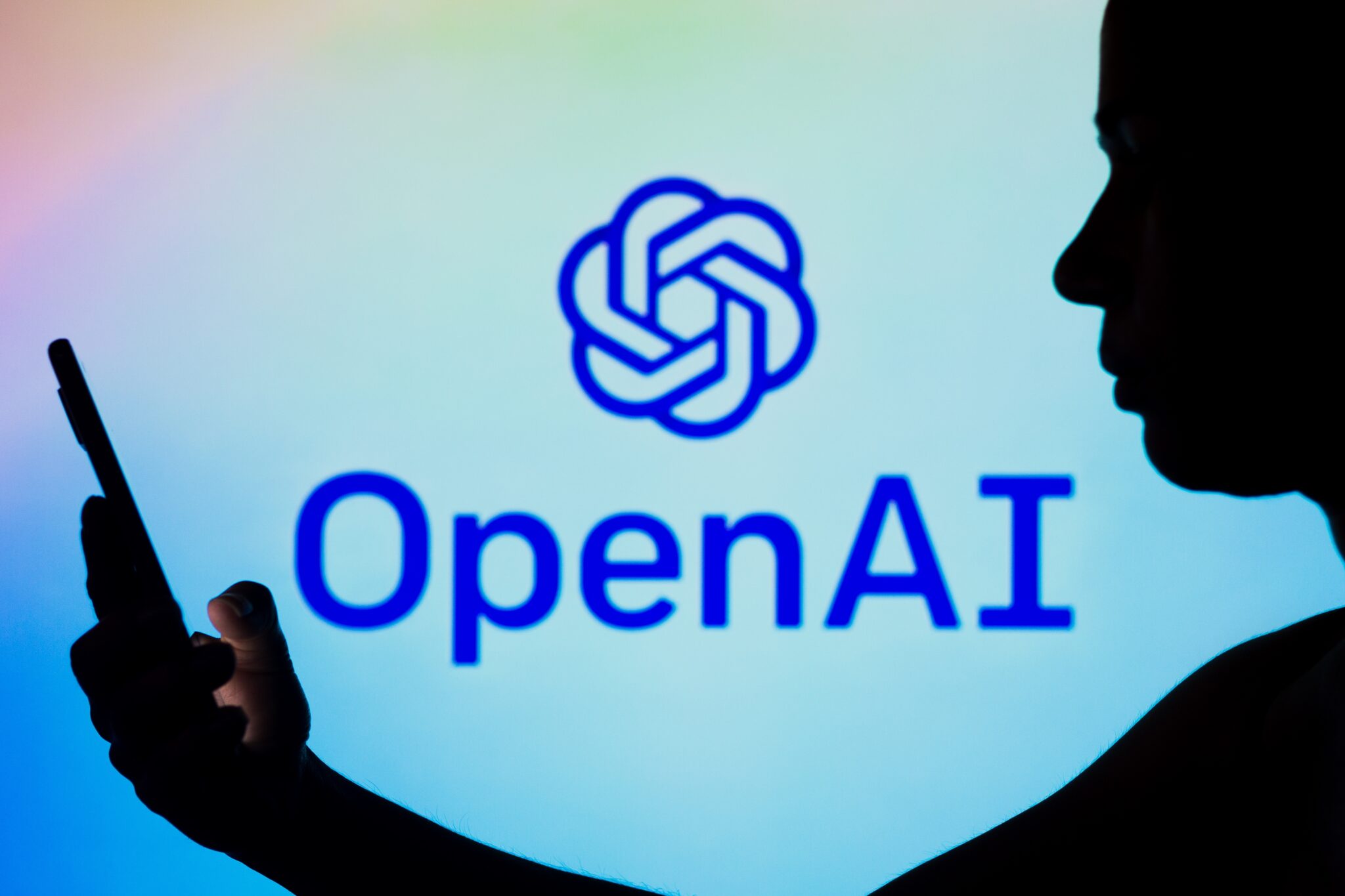Microsoft-backed OpenAI confirmed joining Axel Springer – the firm behind Politico, Rolling Stone, and Business Insider. The move by the leading artificial intelligence (AI) firm has triggered the debate on whether AI would enhance journalism or disrupt it.
OpenAI Commits to AI-Empowered Journalism
The Sam Altman-led AI eyes better summaries for readers while its large language models (LLMs) realize more training data. The collaboration targets transforming the business model utilized by journalism to a superior level of reinforced AI-empowered journalism.
Axel Springer CEO Mathias Döpfner hailed the collaboration he labelled unique, allowing ChatGPT users to access summaries from a few select news conveyed by the firm’s diverse media portfolio.
The collaboration will allow the ChatGPT users to access otherwise paid content. Axel Springer is set to leverage the GPT-4 usage in recommending content and addressing user queries.
The initiative will allow OpenAI to utilize Axel Springer’s content in training the new AI models. The Wednesday, December 13 announcement lauded the OpenAI-Axel Springer integration as one destined to enhance transparency and offer attribution and links to the full articles.
The chief operating executive at OpenAI, Brad Lightcap, assured the firm’s commitment to working with content creators and publishers. He added that such collaboration will enable them to tap advanced AI technology and benefit from the new revenue models.
Address Fake News Creation
Lightcap dismissed the disruptive tag imposed on AI. He indicated that the OpenAI-Axel Springer setup will benefit both entities and the public. Enhanced journalism will help the latter with new ways to access real-time and quality news content from OpenAI’s AI tools.
The newly established collaboration is reigniting the concerns arising from the intersection of AI and journalism. Primarily, the concerns stem from perceived misinformation and the absence of transparency.
A recent publication by Ipsos Global in October crystallized concerns in AI-powered journalism. The study showed that 64% of Canadians consider AI-powered journalism to exacerbate misinformation.
The study showed that 56% of Americans consider AI to facilitate misinformation, while 74% of users globally perceive AI as easing fake news creation.
Human Oversight to Debunk False Information
Tech-journalist parties have lately revealed exploring solutions to combat misinformation. Such efforts are evident in developing AI Fact Checker alongside the GPT-4 integration into Microsoft’s Edge browser. A number of the tools portray proficiency in debunking false information.
The Associated Press (AP) has taken a contrasting move to the Axel Springer by issuing restrictive guidelines. The guidelines offer a roadmap regarding using generative AI to report news. The media giant emphasizes the essence of human oversight in AI-powered reporting.
AP admits that various stakeholders forecast that automating journalism is increasingly drawing closer. Entrusting the massive responsibility of gathering and disseminating news to algorithms is inevitable. Nonetheless, such warrants human oversight and careful reconsideration considering potential misinformation and AI hallucinations.
